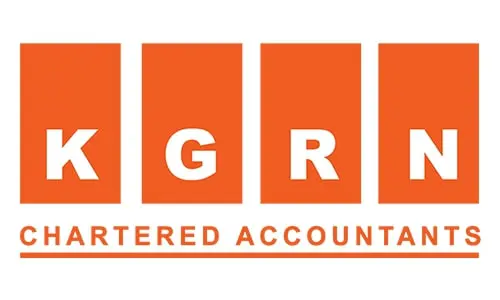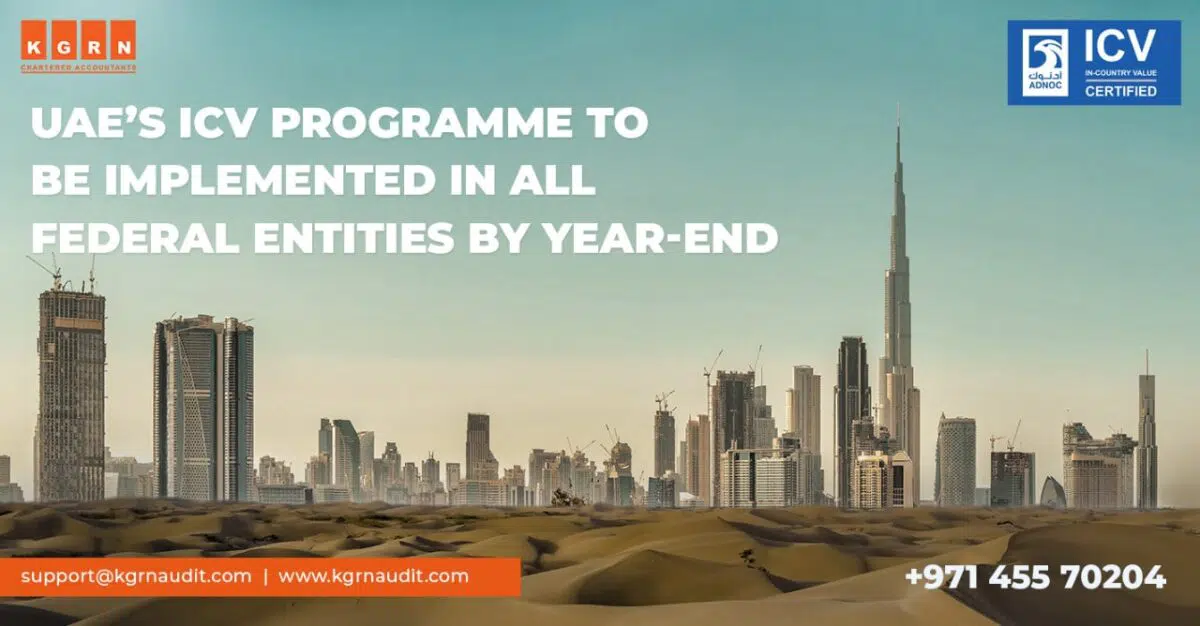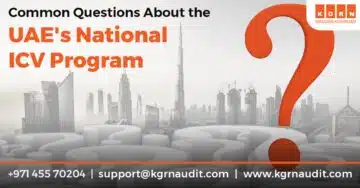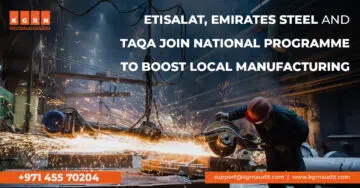By the end of the year, the UAE’s national In-Country Value (ICV) programme will be implemented in all federal entities and 12 national companies.
At its first meeting on Wednesday, the government-appointed committee for the ICV programme discussed the development of detailed guidelines and criteria for its implementation.
The committee, comprised of the UAE’s Ministry of Industry and Advanced Technology, as well as a number of federal and local governments, as well as national companies, reviewed the program’s progress and key performance indicators since its inception in September as part of the Projects of the 50.
“By 2025, 42 percent of government spending will be redirected to UAE-based companies,” said Omar Suwaina Al Suwaidi, the MoIAT’s undersecretary.
As part of the ICV programme, many milestones are expected to be met, including increasing internal demand for local products and services from Dh33 billion to Dh55 billion. Its goal is to encourage local manufacturers to diversify and expand in order to meet demand.
“Developing their business models and production methods will also assist them in meeting ICV certification criteria, increasing their chances of partnering with global entities looking to capitalise on this opportunity,” Mr Al Suwaidi said.
According to the programme, government spending will be redirected to UAE-based companies at a rate of 50% by 2031.
Last month, the MoIAT partnered with Etihad Rail, the developer and operator of the UAE’s national railway network, Emirates’ defence conglomerate Edge, and Sharjah Investment and Development Authority (Shurooq) to speed up the ICV programme.
They were the second group of businesses to sign up for the programme. Etisalat, Emirates Steel, and Taqa joined the group in September.
The MoIAT will also provide an open database of manufacturers, suppliers, and entrepreneurs who will be participating in the ICV programme next year. The move is expected to “assist them in becoming familiar with the industrial supply-and-demand ecosystem and directing their efforts toward opportunity-rich areas.”
For more details, Contact us







